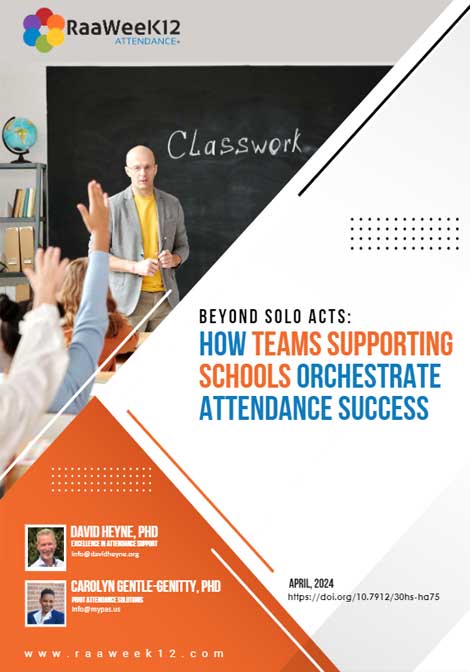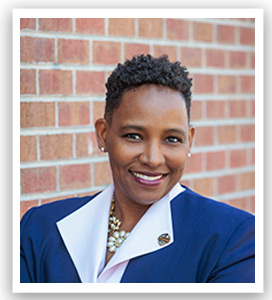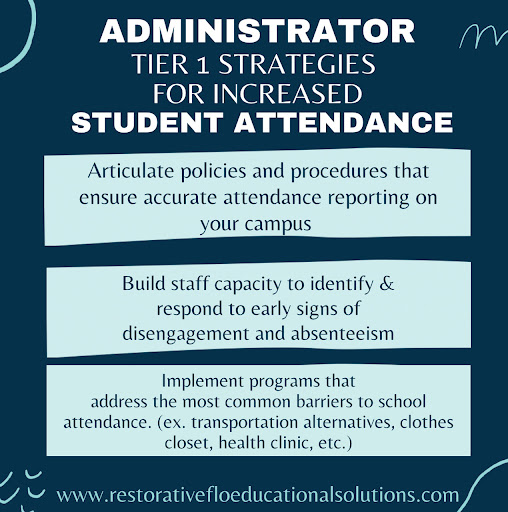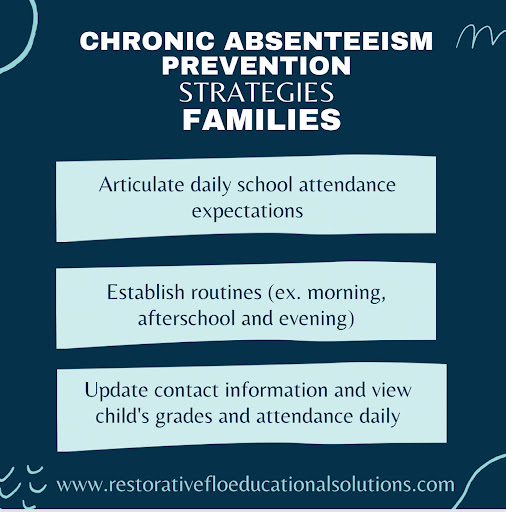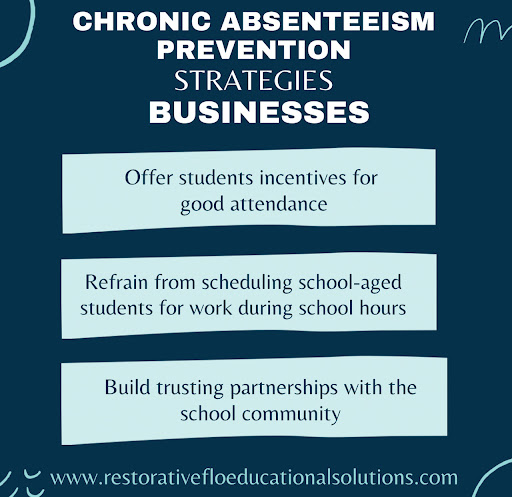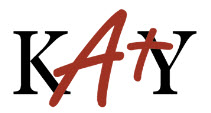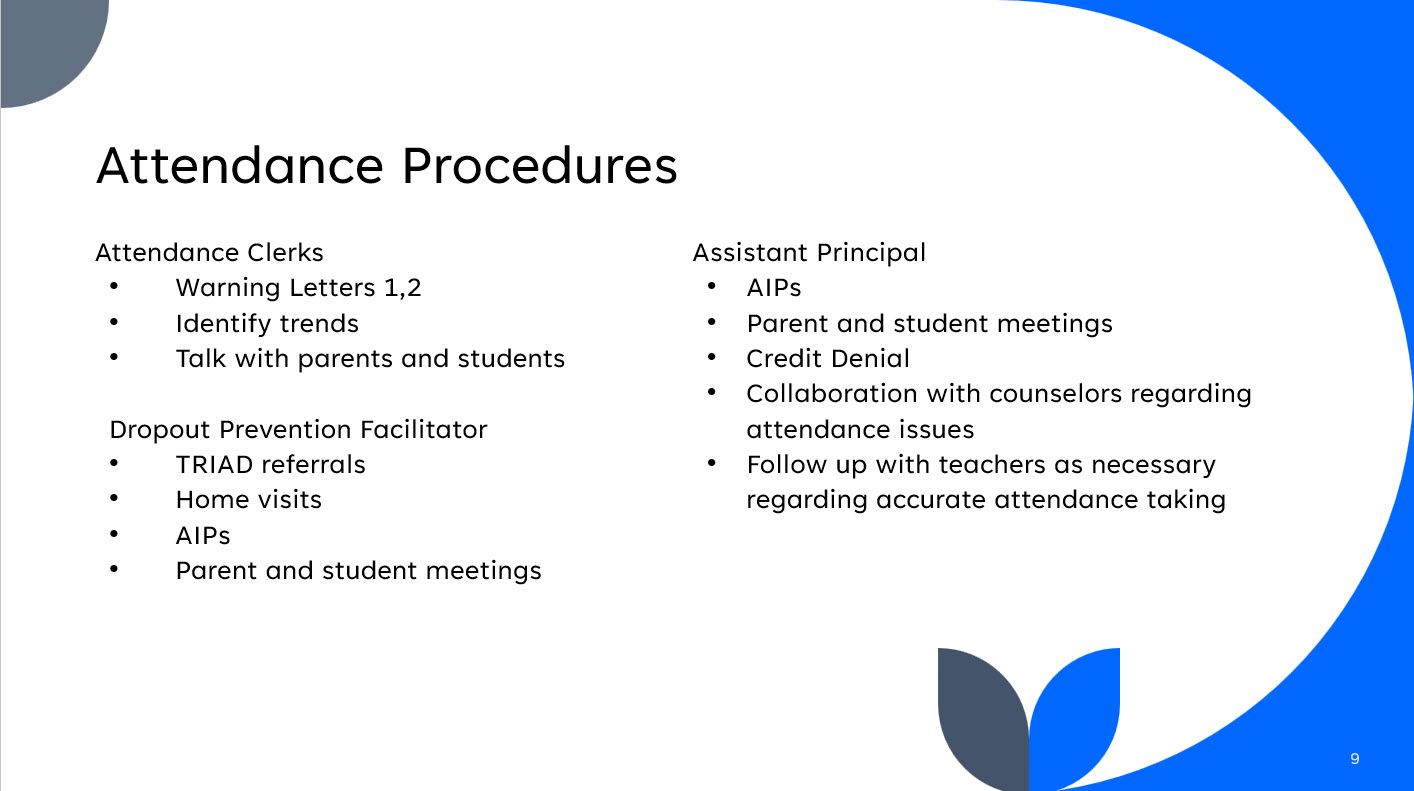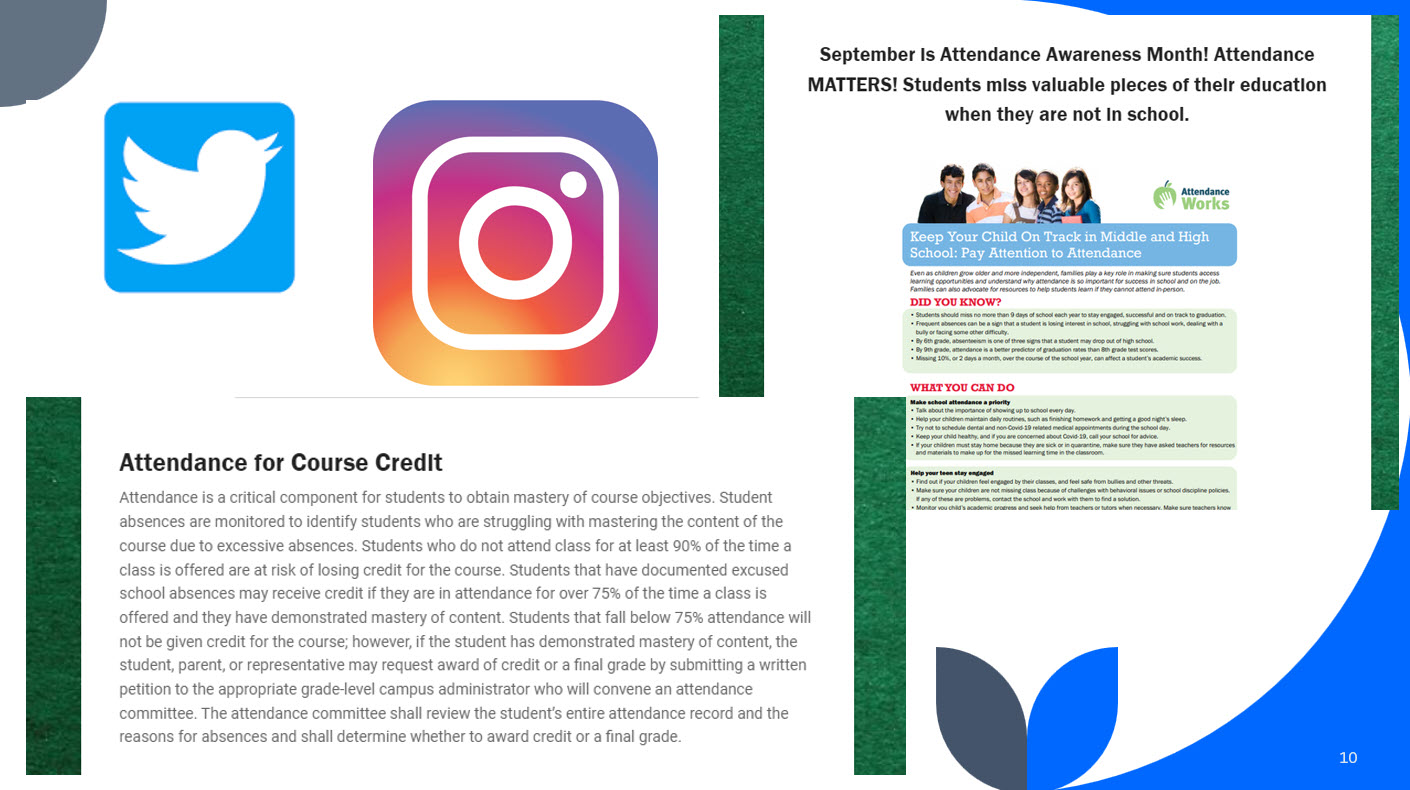Strategies to Tackle Chronic Absenteeism
Hedy Chang from Attendance Works discussed tackling chronic absenteeism post-pandemic through empathy interviews, student focus groups, and a tiered support system. She also referenced the ‘Back to the Classroom’ report by the Ad Council Research Institute, highlighting the importance of positive, supportive messaging. To reduce chronic absenteeism by 50% over five years, Chang emphasized the need for systemic, data-informed strategies, an approach shared by RaaWee K12 Attendance+, which supports schools in making informed, student-centered attendance interventions.
Understanding the Root Causes of Chronic Absenteeism
Hedy Chang from Attendance Works emphasized the critical need to understand why students miss school, advocating for tools like empathy interviews, student focus groups, and attendance cafés to gather meaningful insights. She highlighted a post-pandemic surge in chronic absenteeism driven by weakened learning conditions, such as reduced student engagement, safety concerns, and a lack of belonging.
Tiered Support Systems for Sustainable Change
Chang introduced a tiered support system to address absenteeism, beginning with foundational strategies like clear communication and positive reinforcement, and escalating to more targeted interventions.
Positive Messaging and Trusted Relationships
Referencing the “Back to the Classroom” report by the Ad Council Research Institute, Chang emphasized the power of positive, supportive messaging over shaming families. She underscored the importance of trusted messengers like teachers in effectively communicating the value of attendance.
A Nationwide Commitment to Reducing Chronic Absenteeism
Chang proposed a nationwide goal of reducing chronic absenteeism by 50% over five years, a vision already backed by 14 states and Washington, D.C. She called on districts to adopt this goal and work with community partners to build long-lasting, systemic improvements. Like RaaWee K12 Attendance+, Chang’s vision centers on using data-informed strategies and community engagement to drive meaningful, long-term change in student attendance.
About the Presenter
Hedy Chang is the founder and executive director of the nonprofit initiative, Attendance Works. Founded in 2010, Attendance Works is the nation’s go-to resource for attendance policy and practice. A skilled presenter, facilitator, researcher and writer, Hedy co-authored the seminal report, Present, Engaged and Accounted For: The Critical Importance of Addressing Chronic Absence in the Early Grades, as well as numerous other articles about student attendance.
Deeply committed to promoting two-generation solutions to achieving a more just society, Hedy has spent over three decades working in the fields of family support, family economic success, education and child development. She served as a senior program officer at the Evelyn and Walter Haas Jr. Fund and as co-director of California Tomorrow. Hedy has a Master’s degree in Public Policy from the Kennedy School of Government at Harvard University and B.A. from Occidental College. In 2024, Hedy was named as the Policy Leader of the Year by the National Association of State Boards of Education.
In the US, she is a leader in absenteeism, understanding school attendance problems and translating this into practice models for implementation. She is forging partnerships in colleges to establish the area as a formal field of study.



